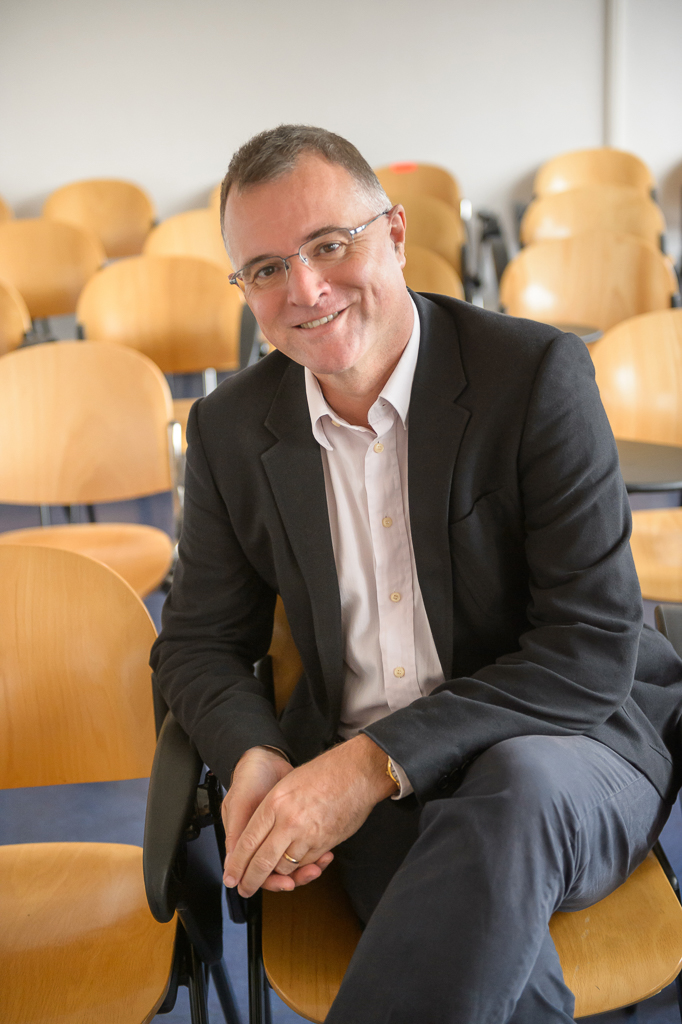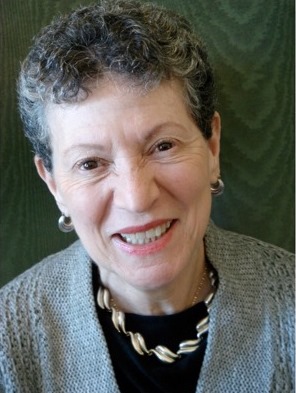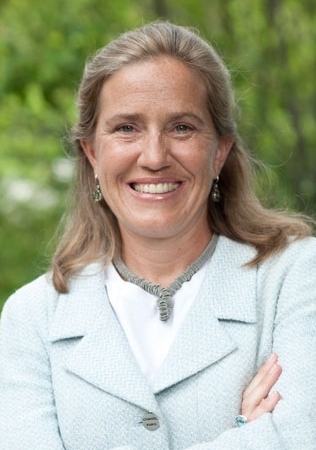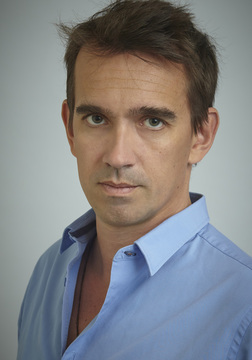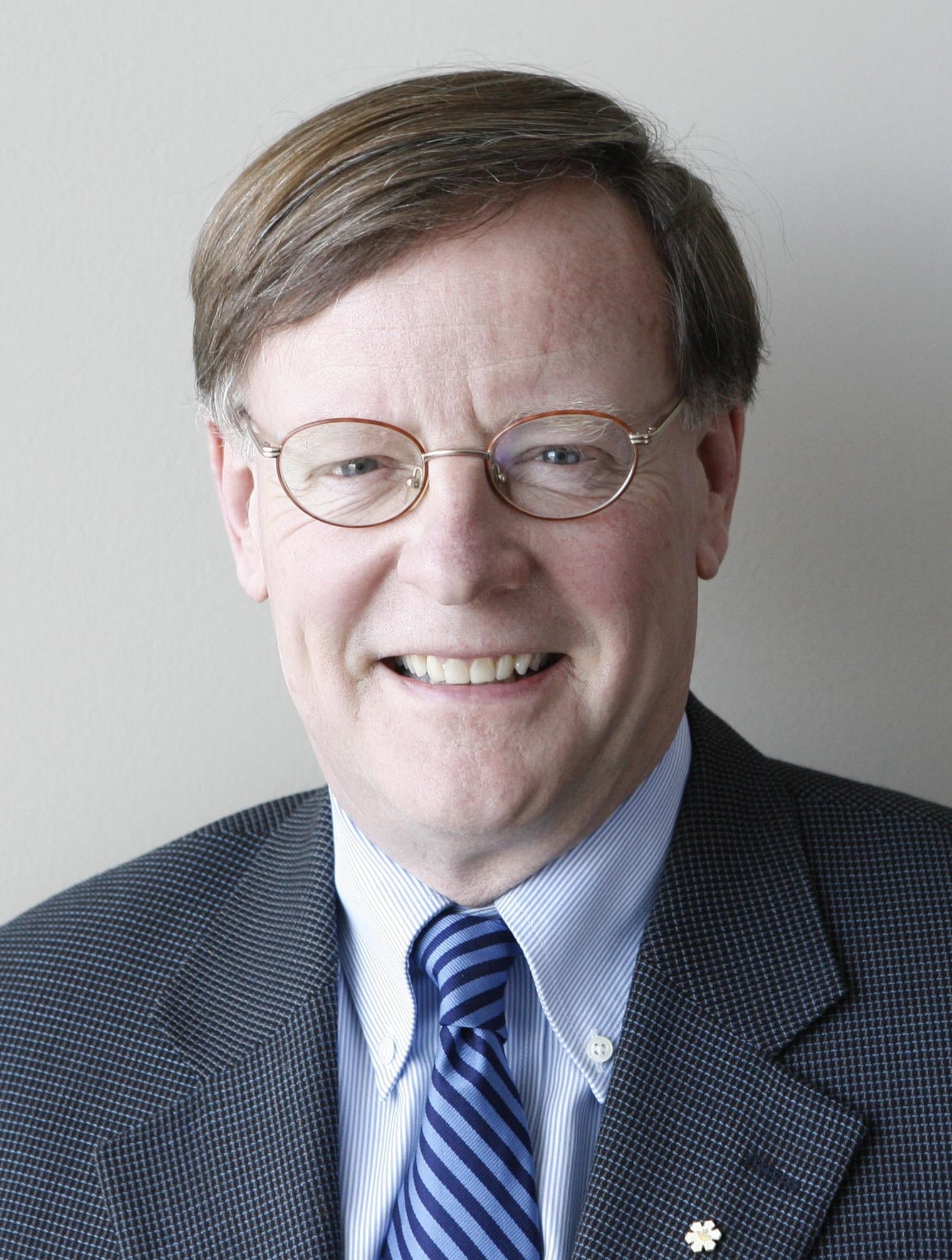Eminent jury of world-leading historians to judge Cundill History Prize in record year for submissions
An international jury of eminent historians with research interests as varied as America nationalism, European integration, violence in Africa and women’s history has been announced as the jury of the 2018 Cundill History Prize.
Chaired by Mark Gilbert, Professor of History and International Studies at John Hopkins SAIS, the jury will choose from a record number of submissions that reflect the “golden age” history writing is going through: trade and university publishers have submitted over 400 titles – up 25 percent from last year – by authors from Canada, the US and the UK, and countries as far afield as China, France, Germany, Israel, Jamaica, Japan, the Netherlands, Poland, Spain and Russia.
Gilbert will be joined by the CUNY Graduate Center Baruch Presidential Professor of History Carol Berkin; the Harvard Professor of History and of African and American Studies and Pulitzer Prize- winning author Caroline Elkins; the Oxford Professor of Global History and author of the best-selling book The Silk Roads: A New History of the World, Peter Frankopan; and Canada’s most decorated journalist and author, Jeffrey Simpson, who has won all three of the country’s leading literary prizes, among other awards.
With authors from richly diverse backgrounds tackling subjects as varied as religion and war, feminism and natural disasters, global finance and music, the US$75,000 Cundill History Prize seeks the book that combines academic rigor with broad public appeal.
Mark Gilbert, Chair of the Jury, said: “‘The past is another country: they do things differently there’. The task of a historian is to make that other country come to life. History, done well, helps us grasp the rich complexity of human civilizations throughout the ages and encourages tolerance, comprehension for diversity, and insight into the greatest achievements of human minds. Done badly, it underpins dogmatism, prejudice and oppression. History matters. The Cundill History Prize rewards books that combine serious scholarship with an appeal to the general reader. Books that open minds. The selection process will be a rigorous and balanced appraisal of the books submitted and we expect that choosing the shortlist and winner will be both enriching and challenging.”
Administered by Montreal’s McGill University, the Cundill History Prize is open to English-language books from anywhere in the world, regardless of the author’s nationality, as well as works in translation. Awarding US$75,000 to the winner, and $10,000 to each of the two runners up, it is the richest purse for non-fiction in English.
Antonia Maioni, Dean of Arts at McGill University, said: “Our 2018 Jury is an international group of eminent historians who will bring their expertise across a range of disciplines to bear on the prize submissions this year. At McGill University, we continue with our ambitious mission for the Cundill History Prize to champion the highest quality historical scholarship produced anywhere in the world. As one of Canada’s most global universities, we are proud to be home to a prize that brings well-researched, well-written history writing to an ever growing international readership. I cannot wait to see which books our 2018 jurors will choose.”
The 2018 shortlist will be announced on 25 September at Canada House in London. In October, the three finalists will be revealed in Toronto. The winner will be announced at the Cundill History Prize Gala in Montreal, on November 15, alongside a series of events at McGill University including the annual Cundill History Prize Lecture, which will be delivered by last year’s winner, the British historian Daniel Beer.
Carol Berkin said: “I am honoured to serve on the selection committee for one of the most prestigious prizes offered in the field of history. This is an exciting moment in our scholarship, as historians continue to reconstruct the past in ever-greater complexity and inclusivity. New areas of research are adding depth and nuance to our understanding and new tools of analysis are giving voice to those we once thought would remain silent observers rather than active participants in shaping their moment. All this promises a better understanding of the events, the individual lives, and the collective movements that are central to the historical enterprise.”
Caroline Elkin said: “It is a singular honour to serve on a panel of such distinguished jurors for the most significant prize awarded in the field of historical research and writing. We shall bring a range of expertise and robust knowledge to bear as we read and evaluate deeply researched historical works that integrate analytical and methodological rigor with prose that, at once, engage and provoke readers. The context of our current political times demands that we, as historians, do not lose sight of the conventions of our profession while, at the same time, remain ever vigilant in expressing our ideas and arguments in ways that extend well beyond the proverbial ivory tower. I am humbled by our task to read some of the most important recent works of history and, together, decide on which ones will stand alongside the towering collection of previous Cundill winners.”
Peter Frankopan said: “I am honoured and delighted to be part of the jury of the Cundill History Prize this year. History writing is going through something of a golden age at the moment, with an astonishing range of subjects being tackled by writers from many different backgrounds – often with dazzling results. Picking the brightest diamond amongst these jewels will not be easy. But I cannot think of a lovelier thing to do than having the chance to read, think and talk about what makes good history – and to decide which the very best book published in the last year has been.”
Jeffrey Simpson said: “Having had the honour to serve on previous Cundill History Prize juries, I can attest to the superb nature of the submissions, the excitement of reading the best history in the English language – and the difficulty of choosing the winner from among so many excellent books. It’s going to be another terrific intellectual ride!”
The 2018 winner will join an alumni list of world-leading historians including Stuart B. Schwartz (2008), Lisa Jardine (2009), Diarmaid MacCulloch (2010), Sergio Luzzatto (2011), Stephen Platt (2012), Anne Applebaum (2013), Gary Bass (2014), Susan Pedersen (2015), and Thomas W. Laqueur (2016).
Last year, Daniel Beer was awarded for The House of the Dead: Siberian Exile Under the Tsars , his ground-breaking study of Siberian penal colonies. The US-based Austrian Walter Scheidel (for The Great Leveler) and the Université du Québec à Montréal professor Christopher Goscha (for Vietnam) were chosen as the runners up by the 2017 jury, chaired by Margaret MacMillan.
One year on from being awarded the prize, Daniel Beer said: “Winning the Cundill History Prize has been a game-changing experience. The prize has dramatically raised the profile of The House of the Dead and of my wider work on Russian history both inside and outside the academy. The generosity of the award is also helping to support my new research project on the terrorist campaign to assassinate Alexander II in 1881.”
For further information, and to join the conversation please visit: www.cundillprize.com twitter.com/CundillPrize | www.facebook.com/cundillprizemcgill
For all media enquiries please contact Fiona McMorrough and Daniel Kramb at FMcM Associates on 0207 405 7422 or, fionam@fmcm.co.uk, danielk@fmcm.co.uk
Notes to editors
Mark Gilbert (Chair) is Professor of History and International Studies at the Bologna campus of the School for Advanced International Studies (SAIS) of the Johns Hopkins University. Educated at the University of Durham and the University of Wales (PhD 1990), Gilbert previously taught at Dickinson College, the University of Bath, and the University of Trento. Gilbert is primarily a scholar of contemporary European, Italian and British political history. His most recent book, co-authored with P.M.H. Bell, is The World since 1945 (Bloomsbury, 2016).
A substantial English-language edition of this book will shortly appear in China. Gilbert is associate editor of the Journal of Modern Italian Studies. He is a frequent commentator on Italian and European politics in leading policy journals in both Europe and the United States.
Carol Berkin is Presidential Professor of History, Emerita, of Baruch College & The Graduate Center, CUNY. She received her B.A. from Barnard College and her PhD from Columbia University where her dissertation received the Bancroft Award in 1972. She has written extensively on women’s history and on the American Revolution, the creation of the Constitution, and the politics of the early Republic, including her most recent book, A Sovereign People: The Crises of the 1790s and the Birth of American Nationalism. She has appeared in over a dozen documentaries on colonial, revolutionary, and civil war history, given lectures on her specialties at major universities in the United States and England, and serves on the Scholars Board of the New-York Historical Society’s Center for the Study of American women and the Board of the New York Academy of History.
Caroline Elkins is Professor of History and of African and African American Studies at Harvard University, Visiting Professor at Harvard Business School, Affiliated Professor at Harvard Law School, and the Founding Director of Harvard’s Center for African Studies. Her research centers on empire and violence with a particular focus on Africa and various regions of the former British Empire including the Middle East. Her first book, Imperial Reckoning: The Untold Story of Britain’s Gulag in Kenya, was awarded the Pulitzer Prize for General Nonfiction in 2006. It has won several other awards and was one of The Economist’s Best Books of 2005. Elkins and her work have been profiled in newspapers, magazines, television and radio programmes around the world. She has been a contributor to the New York Times Book Review, The Guardian, The Wall Street Journal, The Atlantic Monthly, The Washington Post, and The New Republic.
Peter Frankopan is Professor of Global History at Oxford University, where he is founding Director of the Oxford Centre for Byzantine Research and Senior Research Fellow at Worcester College. He has been Stanley J. Seeger Visiting Fellow in Hellenic Studies at Princeton, Scaliger Visiting Professor at Leiden and Presidential Scholar at the Getty Center in Los Angeles. His most recent book, The Silk Roads: A New History of the World has been described as ‘magnificent’ (Sunday Times) ‘dazzling’ (Guardian), ‘a rare book that makes you question your assumptions about the world’ (Wall St Journal), ‘phenomenal’ (Die Welt), and ‘not just the most important history book in years, but the most important in decades’ (Berliner Zeitung). A New York Times Bestseller, it has topped the non-fiction charts all around the world.
Jeffrey Simpson is Canada’s most decorated journalist and the author of seven books, including, most recently, Chronic Condition: Why Canada’s Health Care System Needs To Be Dragged Into The 21st Century. He has won all three of Canada’s leading literary prizes – the Governor-General’s award for non-fiction book writing, the National Magazine Award for political writing, and the National Newspaper Award for column writing. He has also won the $50,000 Donner Prize for the Best Book on Public Policy and the Hyman Solomon Award for excellence in public policy journalism. Simpson was the Globe and Mail’s national affairs columnist for 32 years. He has been awarded eight honorary degrees, including doctorates of law from the University of British Columbia, Western University and the University of Manitoba. He has served as a juror for the Cundill History Prize on three previous occasions.
For all media enquiries please contact Fiona McMorrough and Daniel Kramb at FMcM Associates on 0207 405 7422 or, fionam@fmcm.co.uk, danielk@fmcm.co.uk

